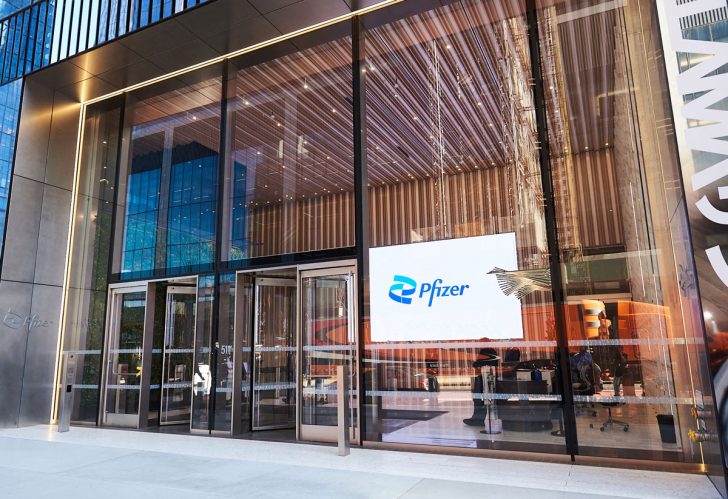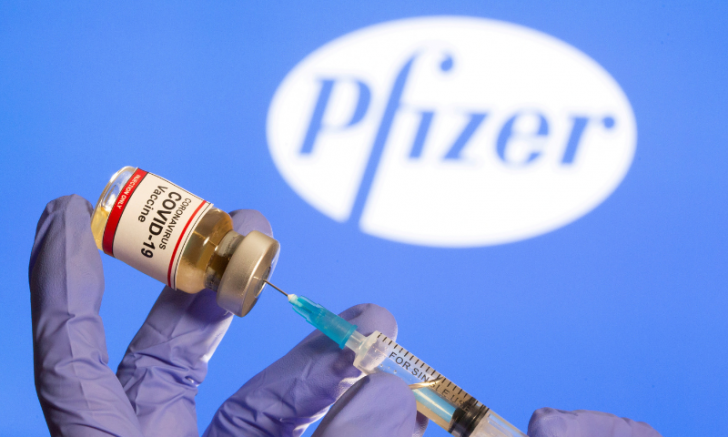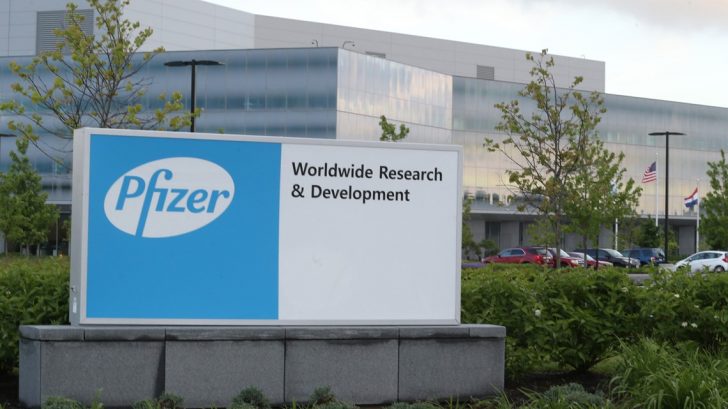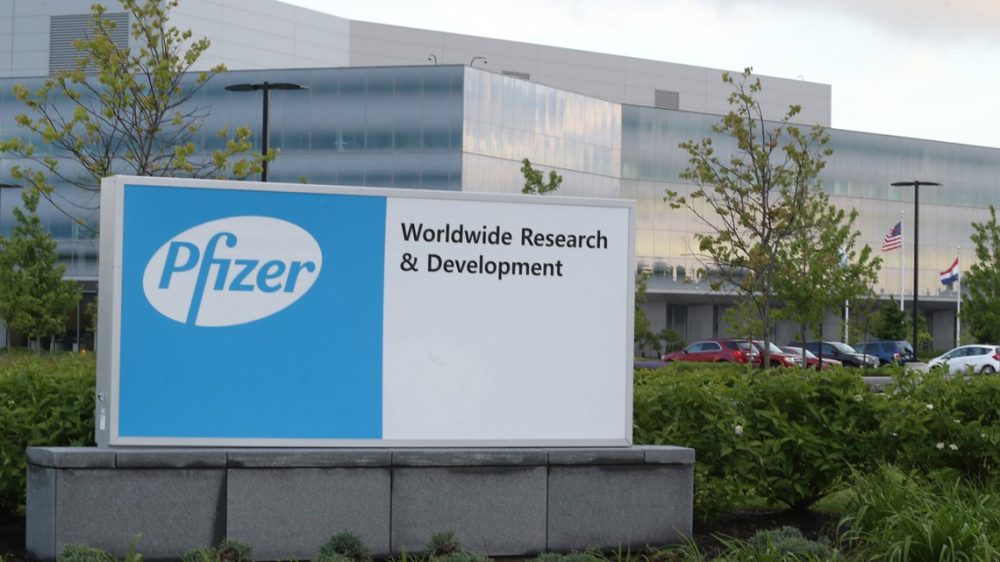Pfizer is in the spotlight again, but this time, it is not for a groundbreaking drug or a miraculous vaccine. Instead, the talk of the town is the anticipated Pfizer layoffs following a 'failed' clinical trial. The trial in question was aimed at treating Duchenne muscular dystrophy, a severe type of muscular dystrophy affecting young boys. This setback has significant implications, leading Pfizer to consider massive layoffs, particularly at their gene therapy facility in Sanford.

The News / The decision to make this massive job cut comes after a failed trial of Duchenne muscular dystrophy treatment, reports from the company say.
The Pfizer layoffs are a direct result of the failed clinical trial. This particular trial was highly anticipated, with hopes that it would bring a new effective treatment for Duchenne muscular dystrophy.
However, the trial did not meet its primary endpoints, leading to its discontinuation. The failure not only impacts the potential patients and their families but also the employees who have dedicated their careers to this project.
Impact on Sanford Gene Therapy Facility
Pfizer's gene therapy facility in Sanford is expected to be the hardest hit by the layoffs. Sources indicate that the company may eliminate 200 jobs or more. This facility was instrumental in the Duchenne muscular dystrophy treatment research, and its role is now under reassessment due to the trial’s failure. The Pfizer layoffs in this region reflect a broader trend of strategic pullbacks as the company reassesses its investments in various projects.

The Talks / The decision to lay off employees is never easy. But it becomes necessary when a project fails to yield the expected results. And that is what Pfizer is doing.
For the workers at the Sanford facility, this news is undoubtedly distressing. Many of them have poured years of hard work into this project, and now face uncertainty about their future.
Financial Ramifications for Pfizer
The failed clinical trial and subsequent Pfizer layoffs also have financial implications. Clinical trials are expensive endeavors, and a failure means that the resources invested do not yield a return. For Pfizer, this means not only the loss of potential revenue from a successful drug but also the costs associated with the trial itself. These financial strains contribute to the decision to reduce the workforce as a cost-saving measure.
Pfizer, like any large corporation, must continually assess its financial health and make tough decisions to remain viable. The layoffs are part of a broader strategy to cut costs and reallocate resources to more promising projects. This decision reflects the harsh realities of the pharmaceutical industry, where not every trial leads to a marketable product.
The Broader Context of Pfizer Layoffs
Pfizer layoffs are not an isolated incident in the pharmaceutical industry. The industry as a whole faces immense pressure to deliver successful treatments while managing high research and development costs. When a major trial fails, the repercussions are felt across the company and can lead to significant restructuring efforts.

GTN / For Pfizer, the focus may now shift to other areas of gene therapy or entirely different therapeutic categories where they see more potential for success.
Layoffs in the pharmaceutical industry often signal a shift in focus. Companies may choose to invest more heavily in other research areas or to acquire new technologies that promise better outcomes.
Of course, Pfizer layoffs will undoubtedly have a profound emotional and professional impact on the affected employees. Losing a job is always challenging, but it is especially tough when it follows a project that had high hopes and significant personal investment. The employees at the Sanford facility will need support as they transition to new opportunities, whether within Pfizer or elsewhere.








